
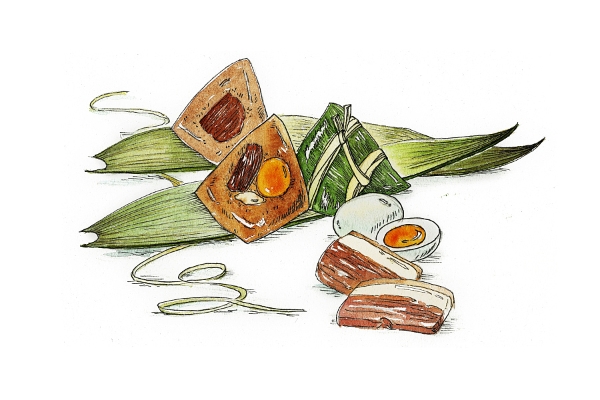
Tasty rice dumplings with local variations in fillings have been a tradition of China's Dragon Boat Festival for centuries. [Photo/VCG]
The Duanwu Festival, otherwise known as the Dragon Boat Festival, was established in remembrance of Qu Yuan, a ministerial scholar and patriotic poet of the state of Chu during the Warring States period (475-221 BC).
Qu Yuan, who died by committing suicide in the Miluo River, was known as a good man. Shortly after he died, the local people, at the time of the event, threw food into the water to distract, and feed, the fish from eating Qu Yuan's body. They also sat on long, narrow paddle boats, known as dragon boats, making sound to scare away the fish.
Traditional celebrations of the Dragon Boat Festival include eating zongzi, drinking realgar wine, and racing dragon boats.
The festival date, reckoned on the fifth day of the fifth month on the Chinese lunar calendar, falls on June 3 this year.
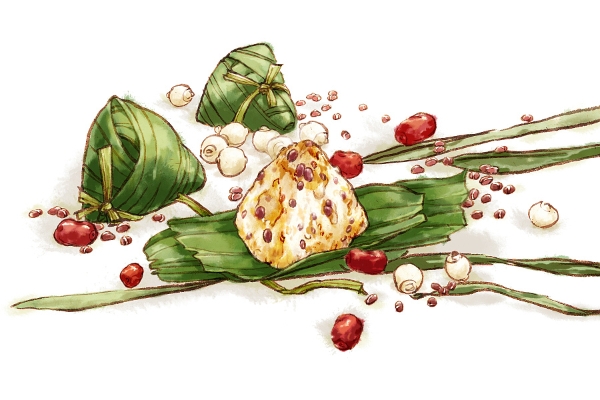
You don't have to live in China long to know that the country's most popular foods usually have a good story behind them. That's particularly true of festival foods such as zongzi, the pyramid-shaped steamed glutinous rice packages in bamboo or reed leaves that have been associated with the Dragon Boat Festival for more than a millennium. [Photo/VCG]
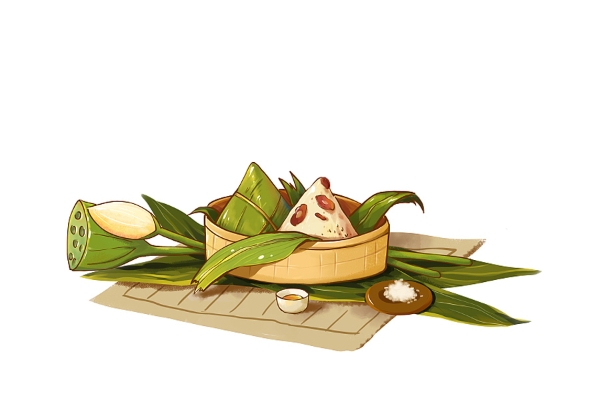
Zongzi, rice dumplings wrapped in leaves, remain with us today as the traditional way to celebrate the Dragon Boat Festival. They've been called everything from "Chinese tamales" to "tenderly wrapped packages of pure love". [Photo/VCG]
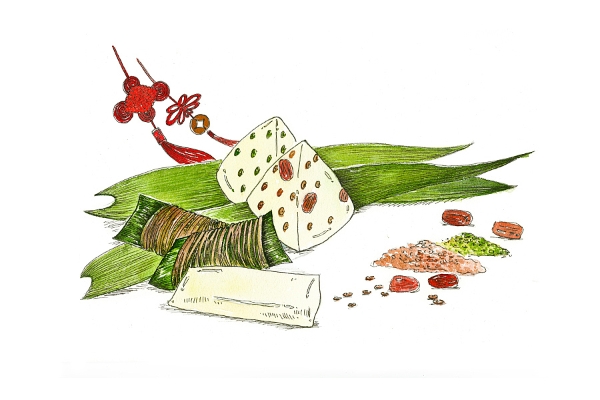
In general, northern Chinese prefer sweet versions of these steamed treats, while southerners like 'em savory. [Photo/VCG]
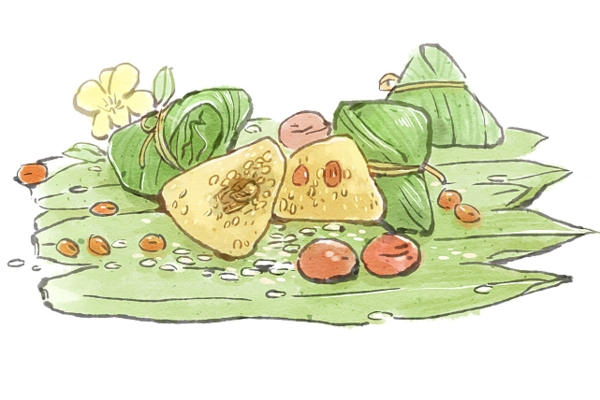
It's not quite that simple, though: In Beijing, it's usual to stuff the glutinous white or purple rice packages with candied or dried jujube, the Chinese red date. Some zongzi are left plain, to be dipped into sugar. [Photo/VCG]
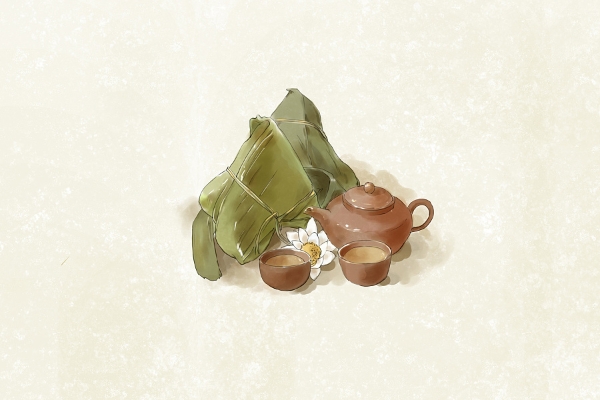
Get south of the Yangtze River, however, and creative locals over centuries have added salted egg yolk, ham, braised pork, chestnuts, fragrant mushroom or barbecued pork instead of (or in addition to) "traditional" red-bean paste or Chinese dates. [Photo/VCG]
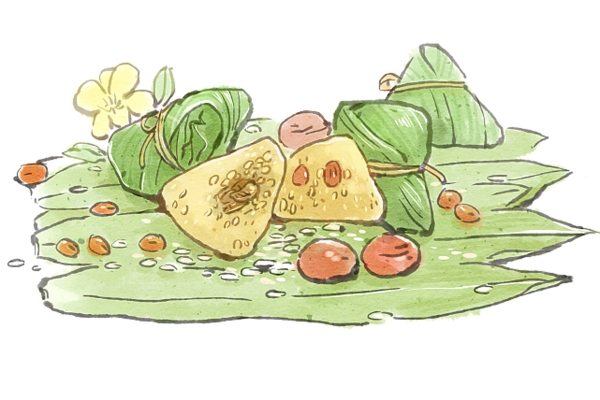
The last require considerable skill in making and tying so that they retain their shapes in the steamers. [Photo/VCG]